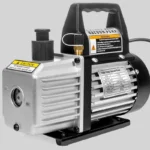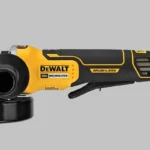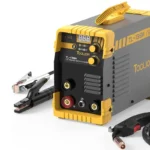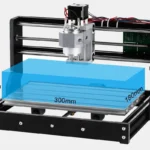The transition from corded to cordless power tools marks a significant evolution in the construction and home improvement industries. This shift has been largely driven by advancements in battery technology, which have not only enhanced the mobility of power tools but have also improved their performance and convenience.
This post explores the cutting-edge developments in battery technology and their transformative impact on power tools.
The Cordless Revolution
Most modern power tools are equipped with Lithium-ion (Li-ion) batteries, a technology favored for its high energy density and efficiency. Li-ion batteries are advantageous because they maintain a consistent power output as they discharge, do not suffer from the memory effect (where batteries become harder to charge over time), and offer longer operational lifespans compared to their predecessors like Nickel-Cadmium (NiCd).
Advancements in battery technology have led to lighter, more powerful, and longer-lasting tools. For example, the introduction of brushless motors, which are electronically controlled to optimize battery use, enhances the power efficiency and durability of the tools. This has allowed manufacturers to design more compact and ergonomic tools that are easier to use in a variety of settings, revolutionizing productivity on the job site.
Emerging Battery Technologies
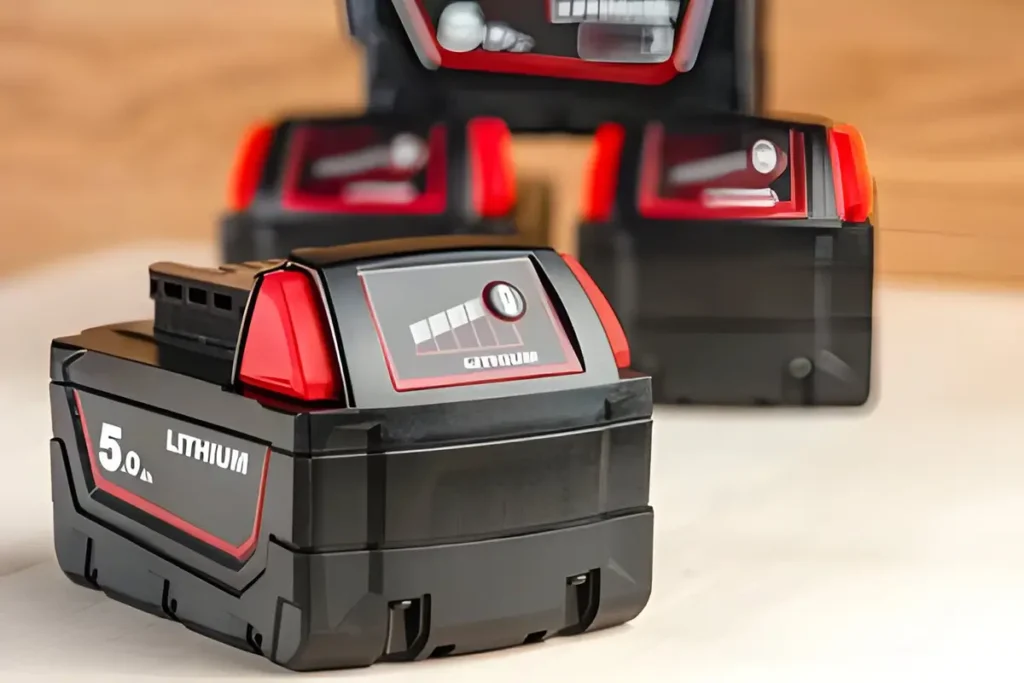
Graphene Batteries:
Graphene, a form of carbon just one atom thick, is poised to revolutionize battery technology with its exceptional electrical conductivity and strength. Graphene batteries can potentially charge much faster and hold more capacity than traditional Li-ion batteries. They are also more durable and lighter, which can significantly reduce the weight of power tools and extend their operational life without a recharge.
Solid-State Batteries:
Unlike traditional batteries that use liquid or gel electrolytes, solid-state batteries utilize a solid electrolyte. They are touted for their ability to store more energy and offer improved safety, as they are less prone to leaking electrolytes or catching fire. This technology could drastically increase the energy density of batteries, providing longer usage times for power tools without increasing their size or weight.
Other Innovations:
Technologies like silicon-based anodes are being developed to replace the traditional graphite anodes in Li-ion batteries, potentially tripling their capacity. Bio-derived batteries are another area of interest, offering a more sustainable alternative that could reduce the environmental impact of battery disposal.
Benefits of Advanced Battery Technologies in Power Tools
Enhanced Performance:
With higher energy densities and faster charging times, advanced batteries can significantly improve the efficiency of power tools. Tools can run longer on a single charge and perform more power-intensive tasks without the need for bulky and heavy battery packs.
Increased Durability and Safety:
Advancements in battery technology not only extend the life of the batteries themselves but also the tools they power. Moreover, with features such as improved thermal management and resistance to physical shocks, these new batteries offer safer operation with a reduced risk of accidents related to battery malfunctions.
Challenges and Considerations
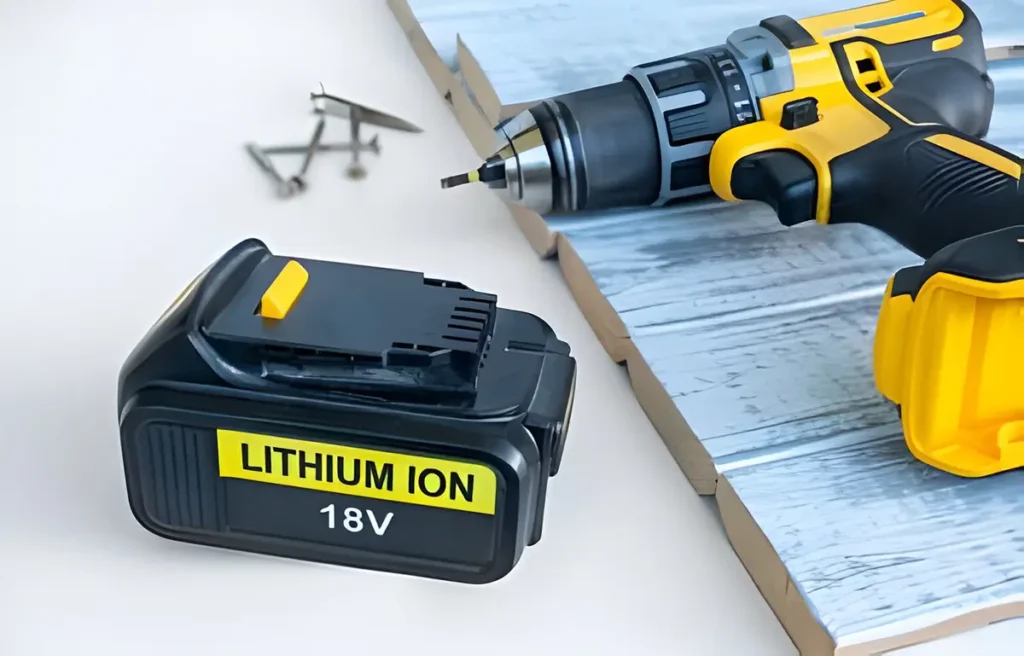
Cost Implications:
While these new technologies promise numerous benefits, they also come with higher production costs. These costs will likely be passed on to the consumer, making advanced battery-powered tools more expensive initially. However, the investment could be offset by the longer lifespan and improved efficiency of these tools.
Recycling and Environmental Impact:
Battery disposal remains a significant environmental challenge. Innovations in battery technology are accompanied by improvements in recycling processes, but more needs to be done to ensure that batteries are disposed of or recycled in an environmentally friendly way.
Several tool manufacturers have begun integrating graphene and solid-state batteries into their product lines. For instance, a leading power tool brand recently released a drill powered by a graphene-enhanced battery, noted for its quick charging times and extended lifespan. User feedback highlights the drill’s consistent performance and lighter weight, underscoring the practical benefits of these innovations.
The advancements in battery technology are set to continue revolutionizing the power tools industry by making them more efficient, durable, and safer. As we look towards a future dominated by cordless tools, it’s crucial for professionals and DIY enthusiasts alike to consider not only the performance benefits but also the environmental impacts of their tool choices.

Matthew Dowell
Matthew, a seasoned builder from a family of craftsmen, leads Tools Trove. His passion for tools and decades of hands-on experience fuel his commitment to providing expert reviews and insightful content. Whether you’re a pro or a DIY enthusiast, Matthew’s guidance ensures informed decisions in the world of tools.

